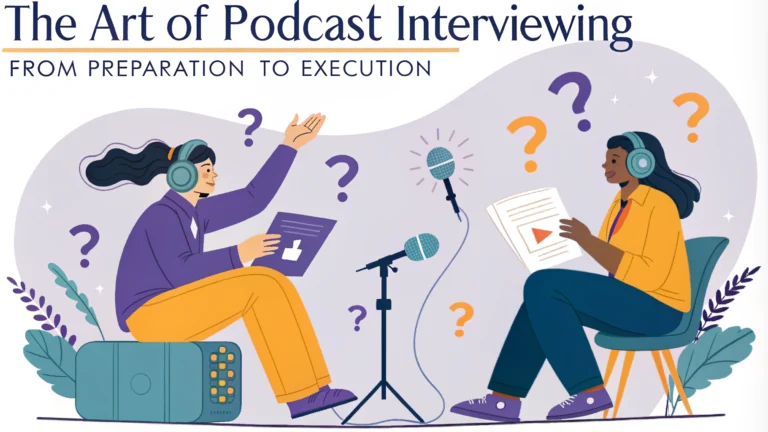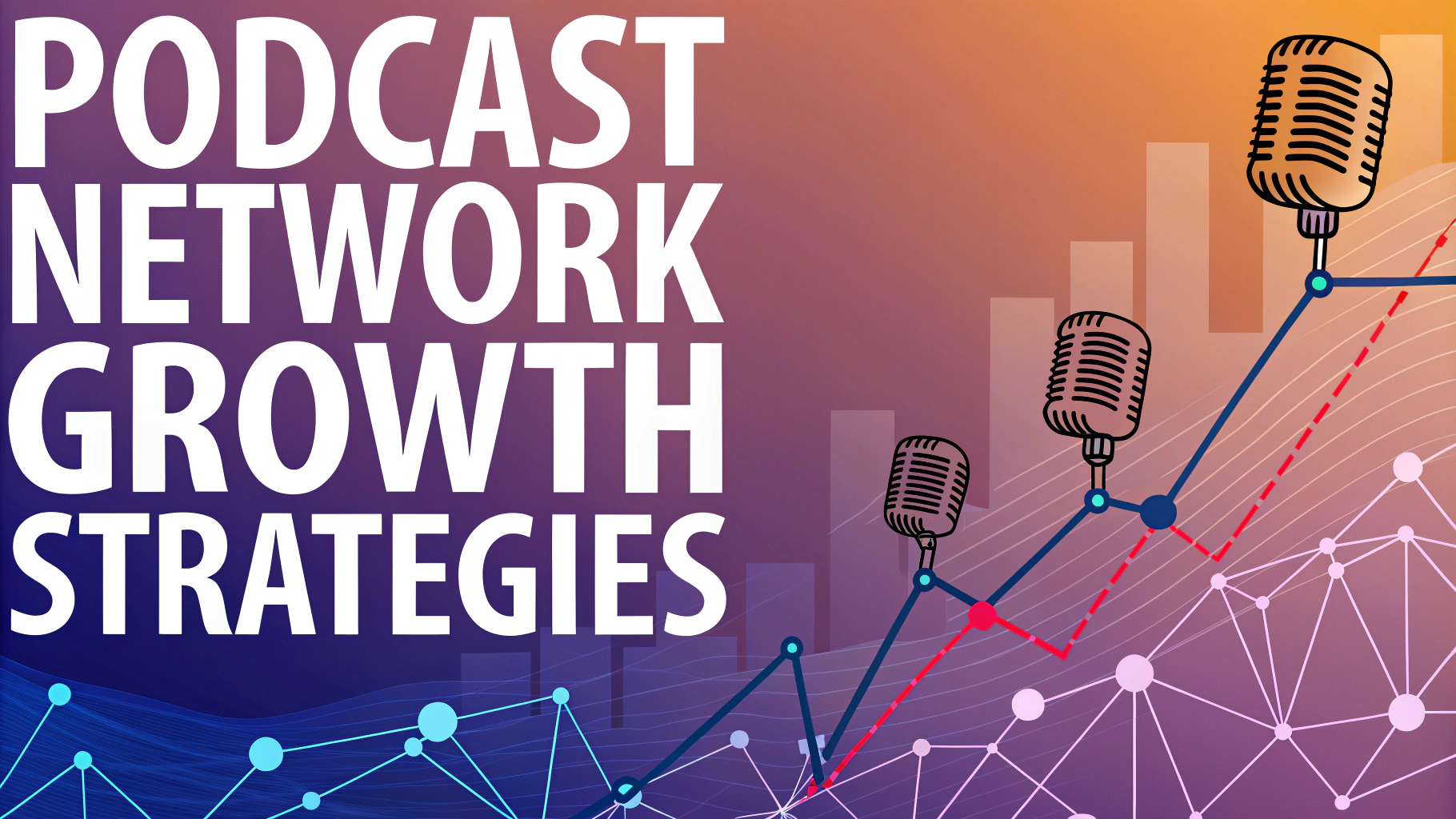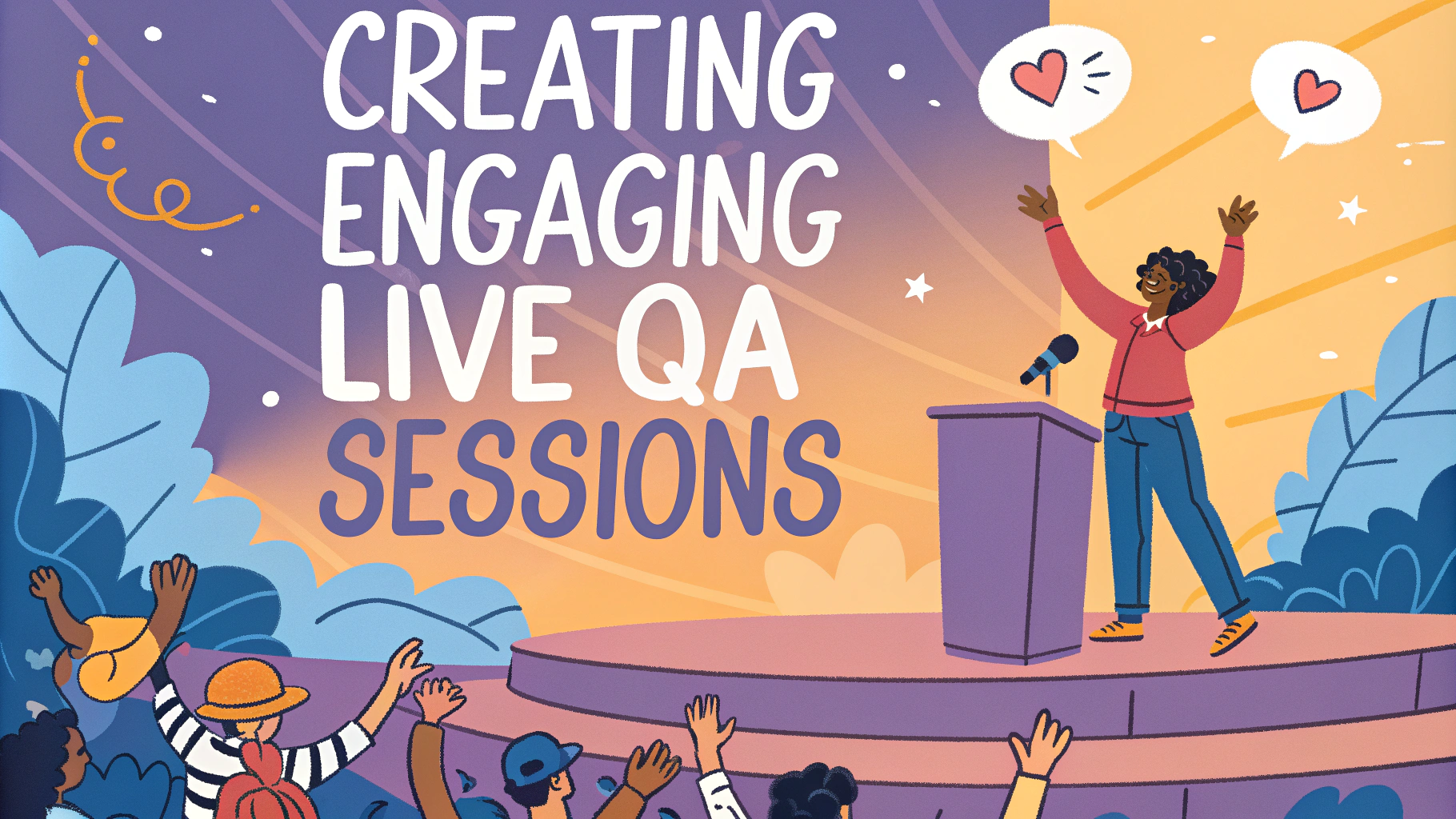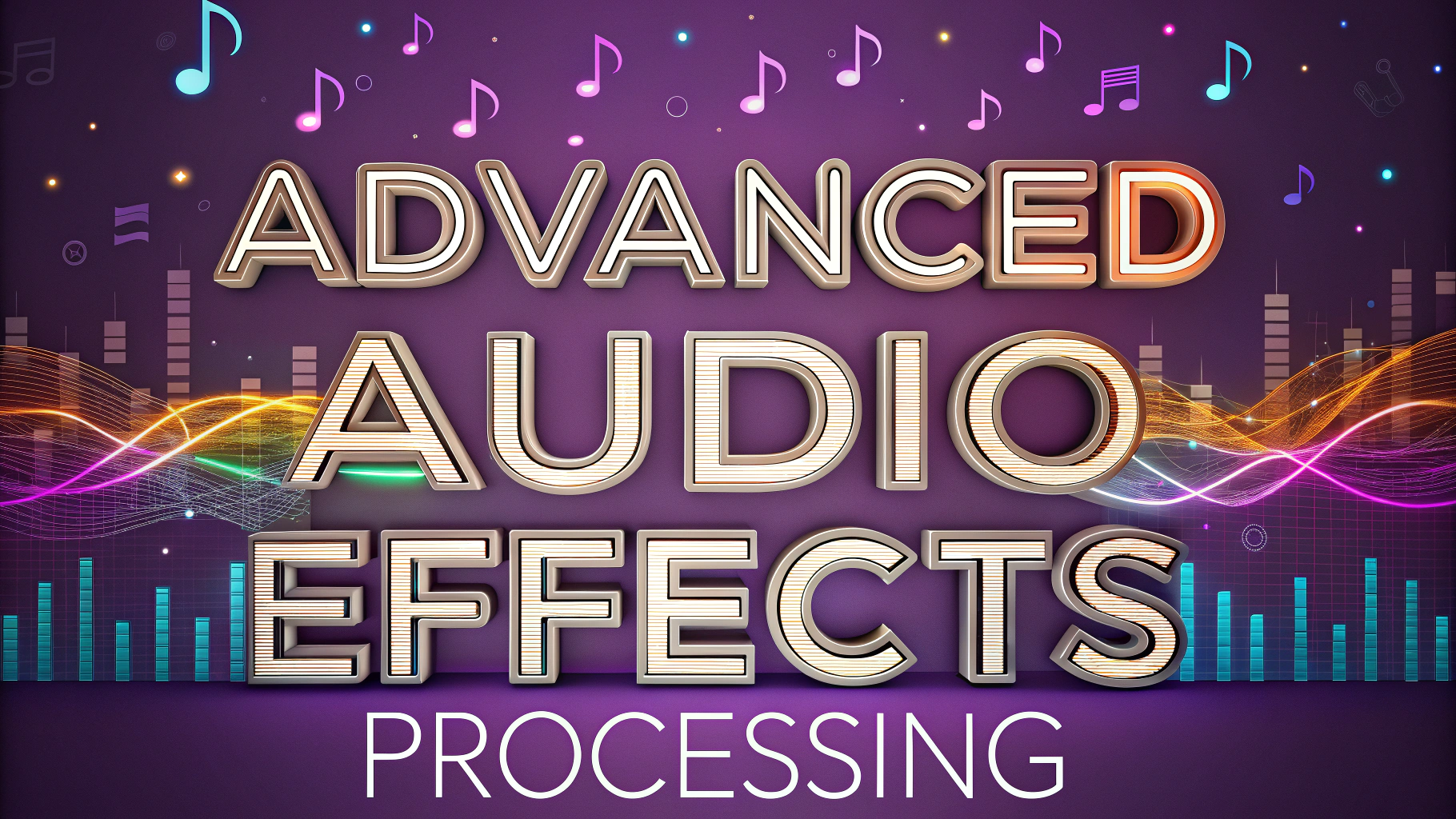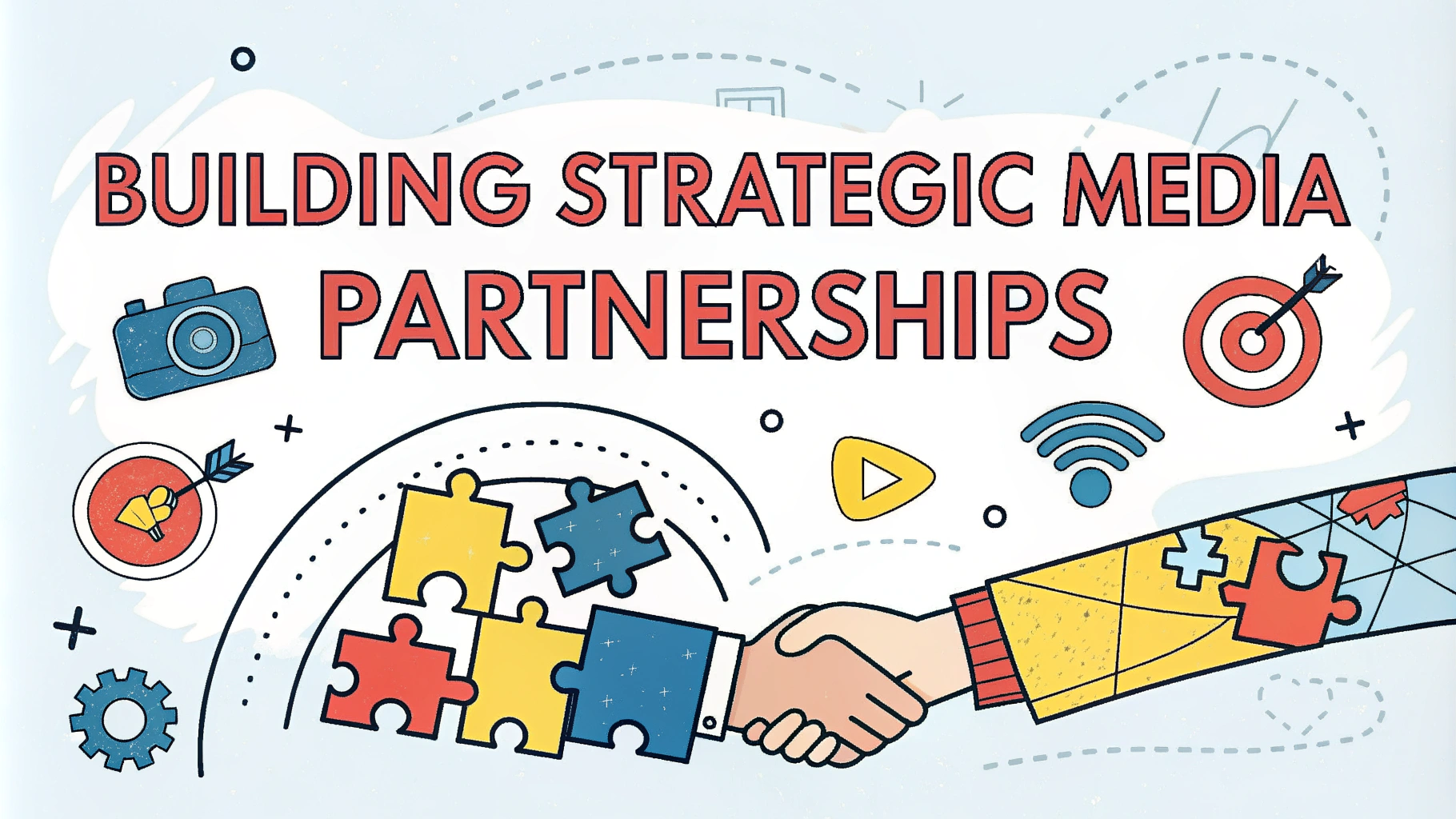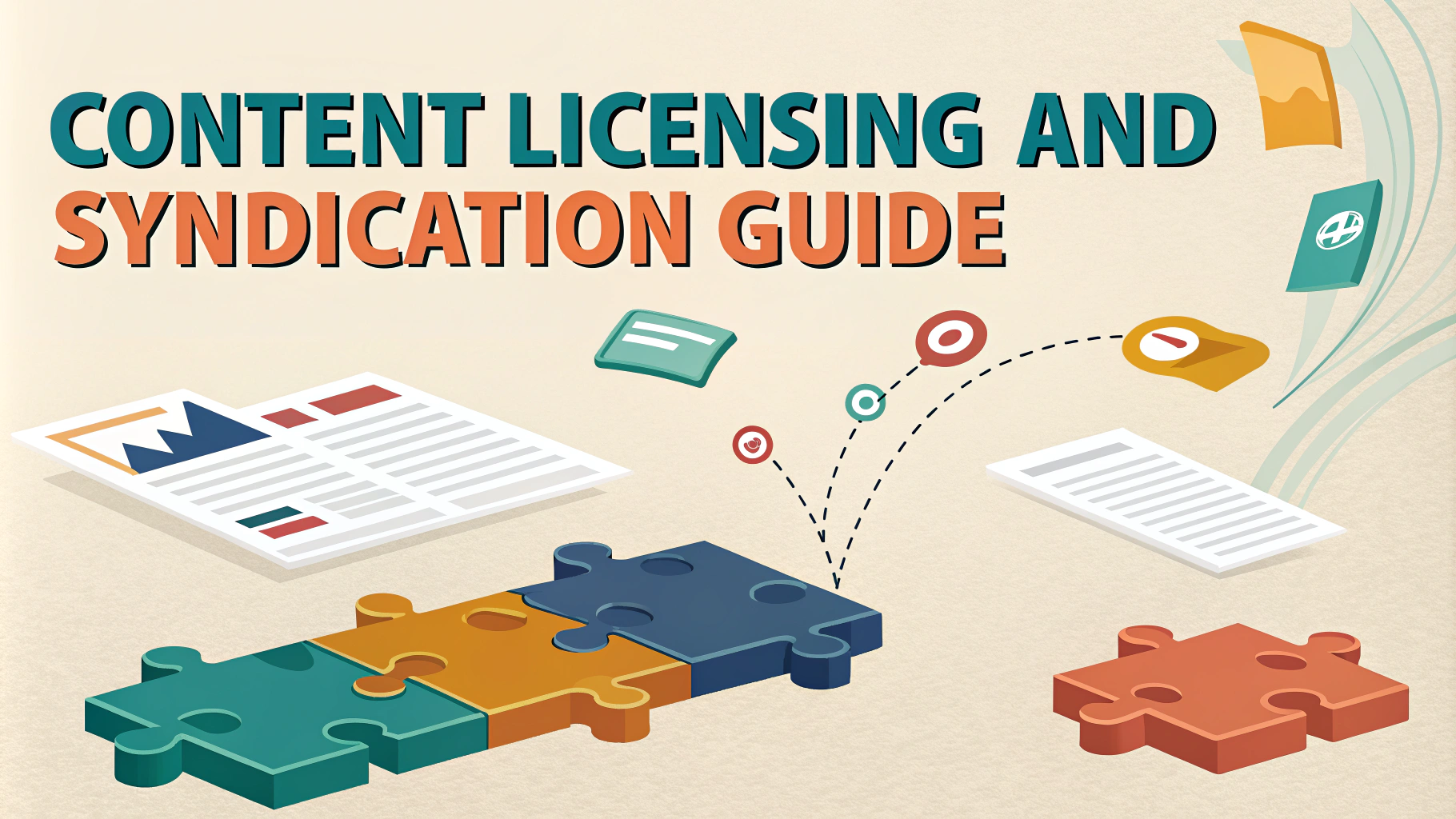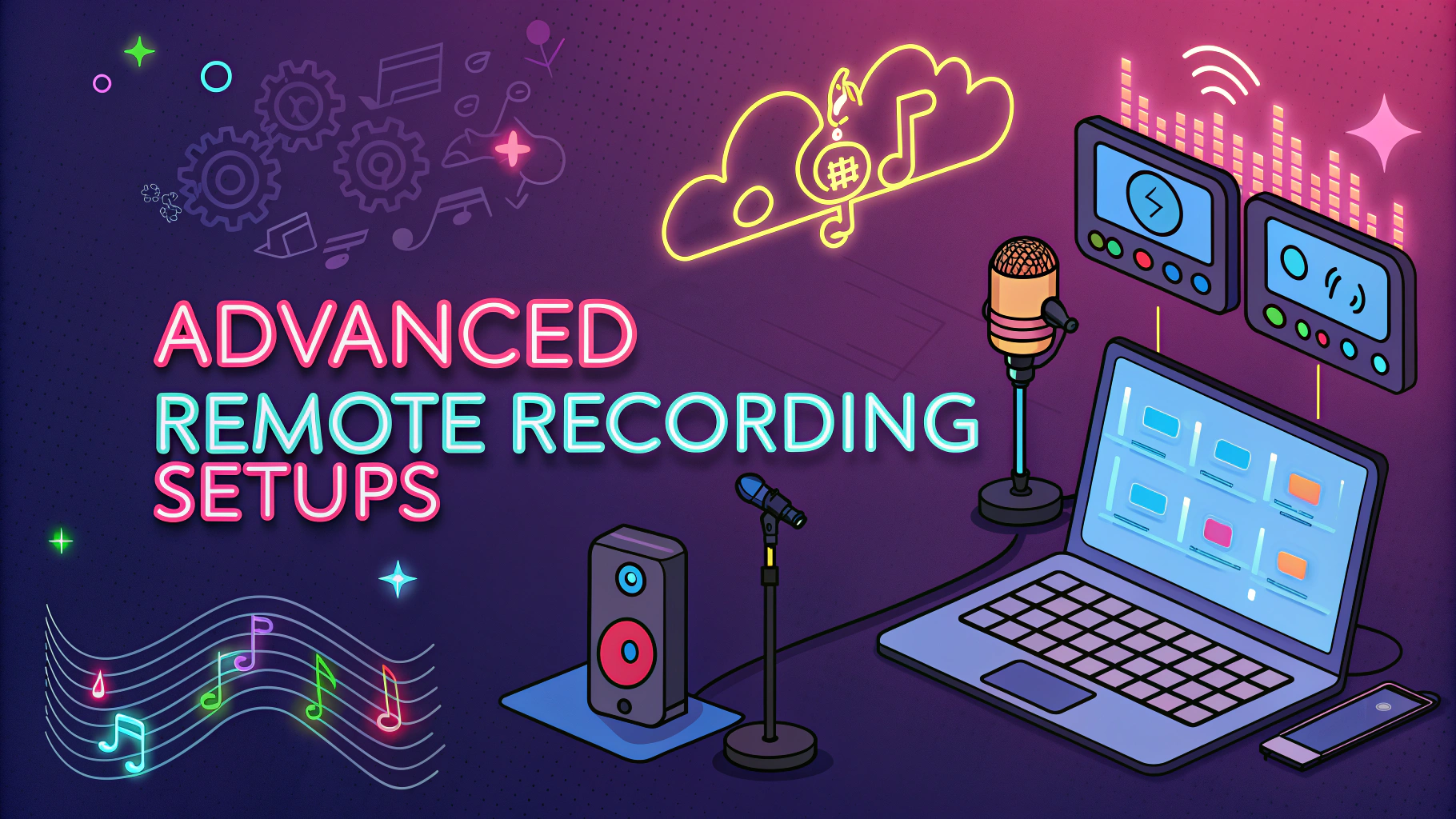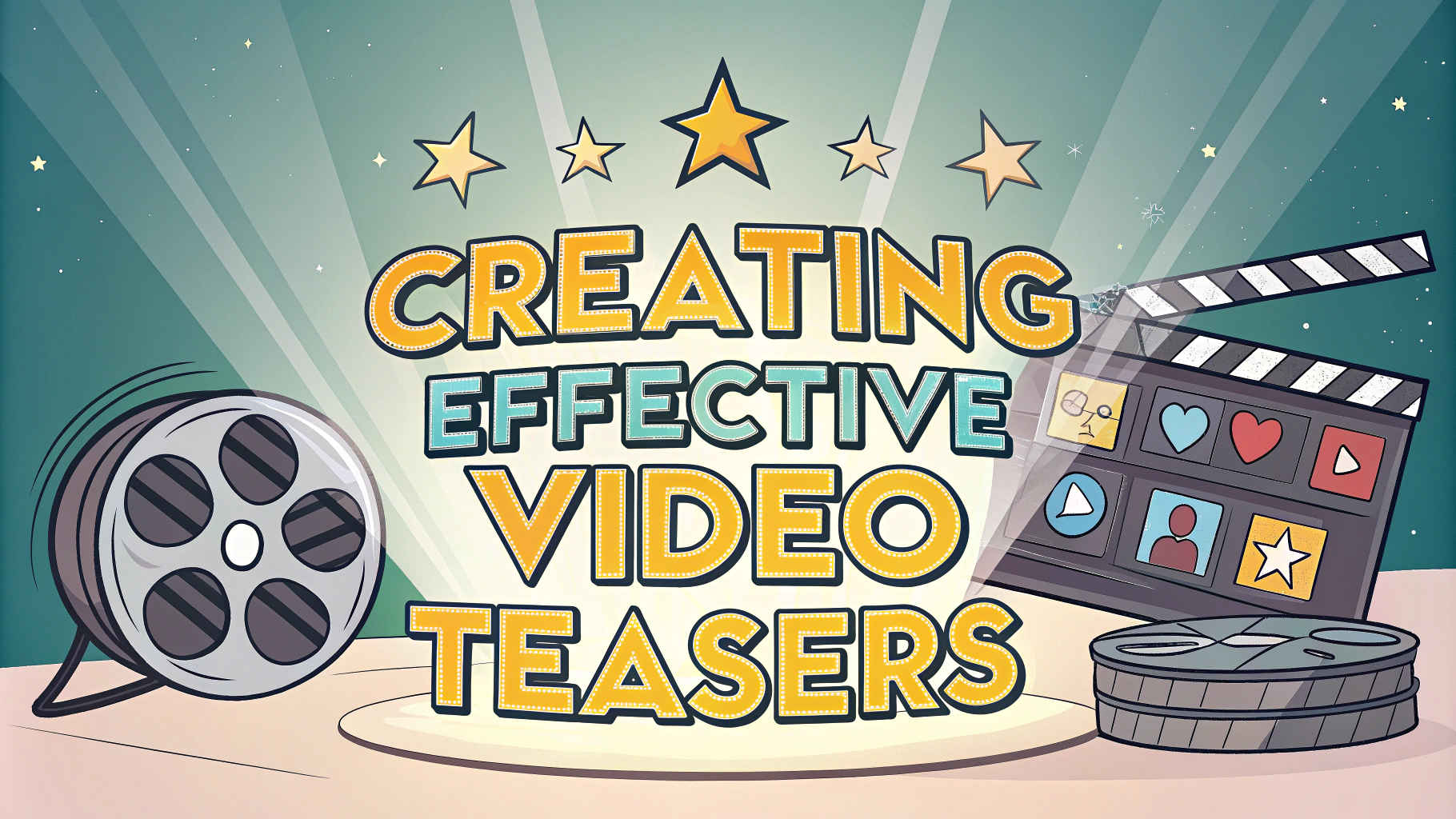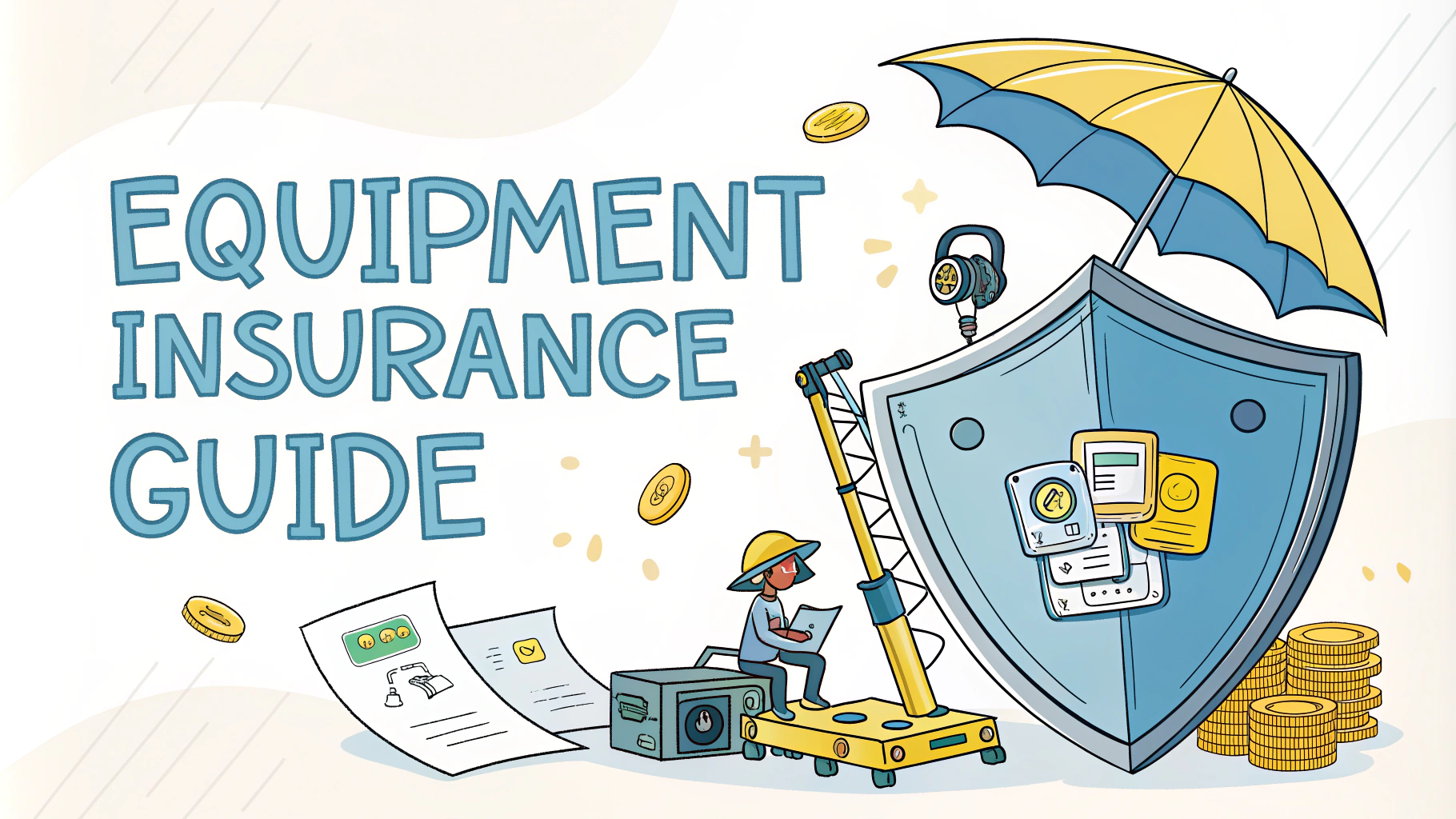A great podcast interview can captivate listeners and provide unique insights that keep them coming back for more.
Many aspiring podcasters focus on equipment and technical aspects while overlooking the essential skill of conducting engaging interviews that bring out the best in their guests.
This guide covers proven techniques for podcast interviewing, from thorough preparation to executing smooth conversations that resonate with your audience.
Pre-Interview Preparation
Research your guest thoroughly by reading their books, articles, social media posts, and previous interviews.
- Review their professional background and recent projects
- Listen to other podcast appearances they’ve made
- Note any controversial topics or sensitive areas to handle carefully
- Prepare a brief but thorough guest introduction
Crafting Your Questions
Create an outline of 10-15 core questions while leaving room for organic conversation flow.
- Start with lighter, rapport-building questions
- Include open-ended questions that encourage detailed responses
- Avoid yes/no questions unless necessary for specific information
- Prepare follow-up questions for potential discussion threads
Technical Setup
Test all equipment at least 24 hours before the interview.
- Check microphone levels and recording software
- Ensure stable internet connection for remote interviews
- Have backup recording methods ready
- Test your recording space for echo and background noise
During the Interview
Practice active listening instead of just waiting for your turn to speak.
- Use non-verbal cues to show engagement (nodding, maintaining eye contact)
- Allow for natural pauses and silence
- Follow interesting tangents while maintaining overall direction
- Take brief notes for follow-up questions
Common Interview Challenges
| Challenge | Solution |
|---|---|
| Guest gives short answers | Ask “how” and “why” follow-up questions |
| Technical issues arise | Stay calm and have backup plans ready |
| Guest goes off-topic | Gently guide back using prepared transition phrases |
| Time management | Use subtle signals to indicate remaining time |
Post-Interview Best Practices
Thank your guest immediately after recording and discuss any follow-up requirements.
- Confirm promotional materials and release dates
- Save multiple backup copies of the recording
- Note timestamp highlights for easy editing
- Schedule social media promotion
Tools for Better Interviews
- Recording Software: Zencastr, Squadcast, or Riverside.fm
- Note-taking: Evernote or Notion for research organization
- Scheduling: Calendly or SavvyCal for booking guests
- Communication: Slack or Discord for pre-interview coordination
Moving Forward with Your Podcast
Each interview provides an opportunity to refine your technique and build a stronger show.
Keep detailed notes about what works and what doesn’t for continuous improvement.
Consider joining podcast communities like Podcast Movement or Podcast Support Group for ongoing learning and networking.
Guest Communication
Establishing clear communication channels with guests helps ensure a smooth interview process.
- Send detailed emails with technical requirements
- Provide a brief outline of discussion topics
- Confirm recording time across time zones
- Share any promotional requirements or expectations
Creating Engaging Segments
Opening Strong
- Craft compelling introductions that hook listeners
- Start with an intriguing question or observation
- Use relevant current events to frame the discussion
Maintaining Momentum
- Alternate between light and deep topics
- Include listener questions when appropriate
- Create recurring segments that audiences anticipate
Building Your Interview Style
Develop a unique interviewing approach while maintaining professionalism.
- Find your authentic voice and tone
- Balance between formal and conversational styles
- Create signature questions or segments
- Develop transitions that feel natural
Mastering the Art of Podcast Interviews
Success in podcast interviewing comes from continuous practice and refinement of your craft.
- Review your interviews regularly for improvement opportunities
- Seek feedback from guests and listeners
- Stay updated with industry best practices
- Build a network of fellow podcasters for support and growth
Remember that every great interviewer started somewhere – focus on consistent improvement rather than immediate perfection. Your unique perspective and dedication to quality will help you develop interviews that resonate with your audience and keep them coming back for more.
FAQs
1. What equipment do I need to start a podcast interview show?
A quality USB or XLR microphone, headphones, audio interface (for XLR setups), recording software like Audacity or Zencastr, and a quiet recording space are essential basics.
2. How far in advance should I prepare for a podcast interview?
Research your guest at least 1-2 weeks before the interview, prepare questions 2-3 days ahead, and review all materials 24 hours before recording.
3. What’s the ideal length for a podcast interview?
Most successful interview podcasts run between 45-90 minutes, though some may be shorter or longer depending on your format and audience preferences.
4. How do I handle technical difficulties during a remote interview?
Always have a backup recording method, test connections 10-15 minutes before starting, and establish a reconnection protocol with your guest beforehand.
5. What’s the best way to structure interview questions?
Start with lighter opening questions, progress to deeper topics, use open-ended questions, and always prepare follow-up questions for potential talking points.
6. Should I send questions to my guest before the interview?
Send general topics or themes to help guests prepare, but avoid sharing specific questions to keep responses fresh and authentic.
7. How do I deal with guests who give very short answers?
Use follow-up questions, ask for specific examples, and rephrase questions to encourage more detailed responses. Active listening is key to identifying opportunities for deeper discussion.
8. What’s the best way to end a podcast interview?
Always include a signature closing question, ask about the guest’s current projects or where listeners can find them, and thank them for their time.
9. How do I maintain good audio quality during remote interviews?
Request guests use external microphones, ask them to record in quiet rooms, and use double-ender recording software like Squadcast or Zencastr for separate audio tracks.
10. What are the legal considerations for podcast interviews?
Obtain clear recording consent, discuss usage rights beforehand, and consider having a basic release form for guests to sign, especially for commercial podcasts.
11. How can I improve my active listening skills during interviews?
Practice maintaining eye contact (even during remote recordings), take minimal notes, and wait 2-3 seconds after guests finish speaking before asking the next question.
12. What should I do if a guest goes off-topic?
Politely redirect using transitional phrases like “That’s interesting, and it reminds me of…” before steering back to relevant topics.
